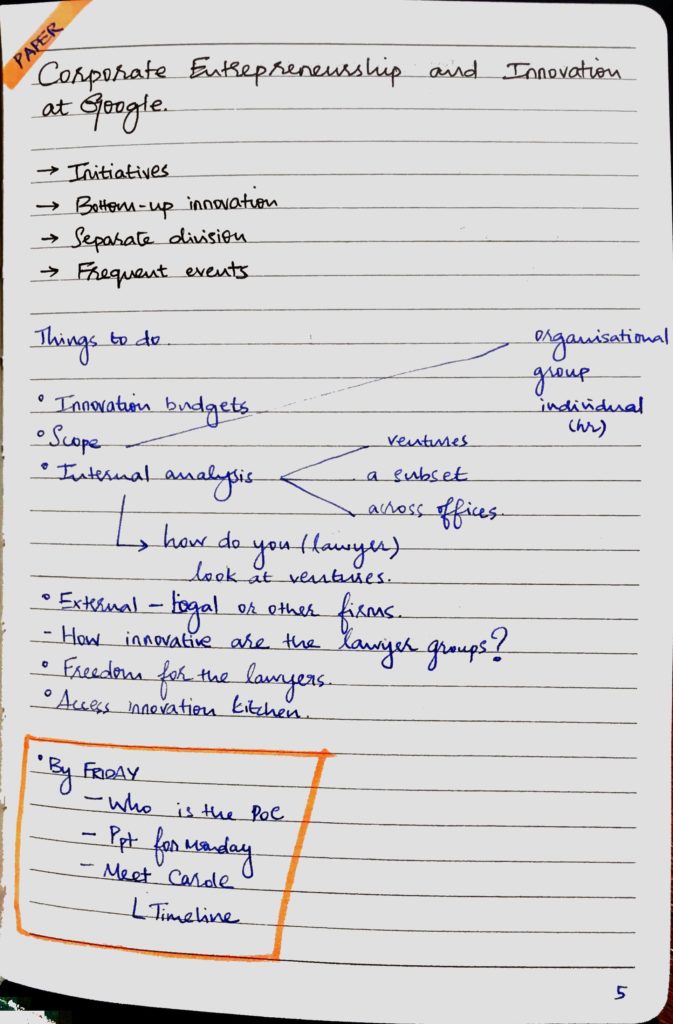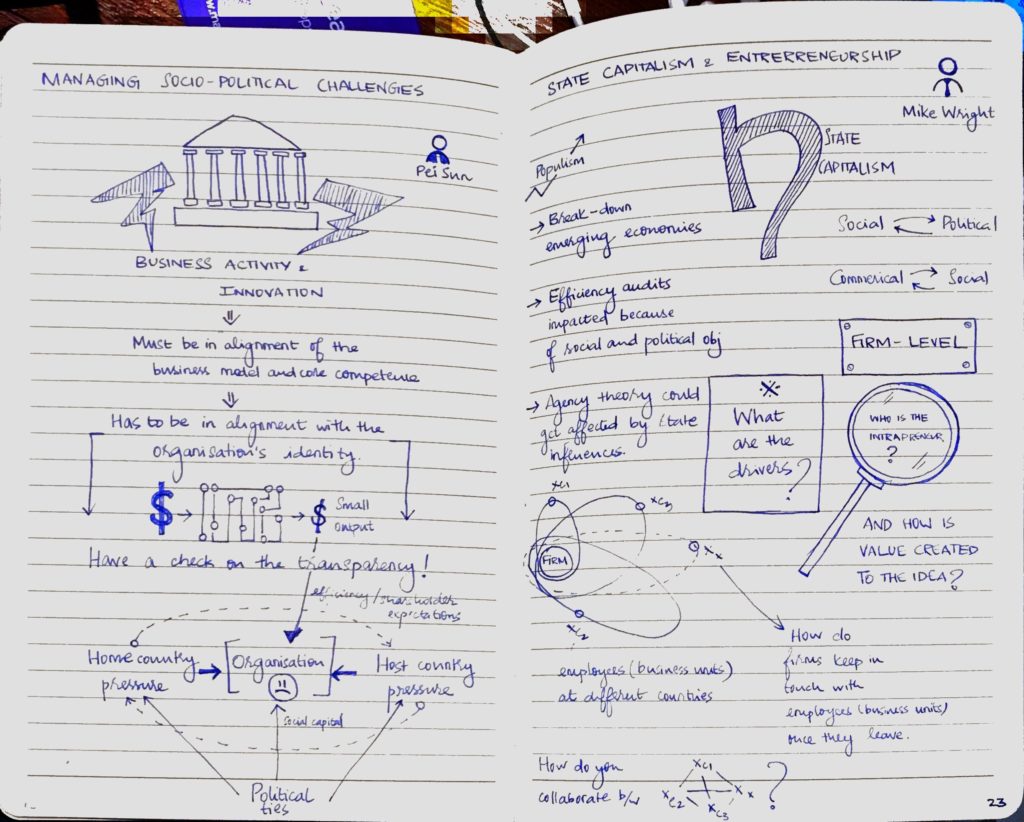I look up to people who can effortlessly do something which I would otherwise take a painstakingly long process. Whenever I meet the “expert”, a recurring chain of thought I get in hindsight is, “If only I had that person’s personality, I would be better in my skill”. I then brush off the thought a few hours later telling myself that it is a “personality thing”. And in some cases, I would think that it is too late to develop the skill.
Initially, I wanted to be a natural in solution framing, and surprisingly, in the recent past, I find a good change in my personality. I became better at framing solutions. I think there is a generalised map that could help guide the journey of converting a weakness to a strength.
A then and now reflection
8 months back, I took a Belbin personality test to assess which kind of team-players skills I exhibit the most. It turns out that I am an implementor. I was proud of the result, as I could relate it to my engineering side of having a practical common sense and also excellent organisation skills. I was indeed a bit conservative in my thought process, and I continued to adopt the very same practices I followed. This did not help me solve management problems. In the field of management, there is a grey area in solving problems. There is more than one way of providing not only solutions but also multiple ways to approach the problem.

“As my professor would often say, in management 5+5 = 10 +/- 2.”
This lack of looking at a problem in different ways led me to overcomplicate seemingly simple solutions, and this was not reflecting well on my assignment and test results. I needed to open up my mind and be more imaginative when it came to working on problem-solving for a business context. I thought that a “plant” personality has the needed skill set for solution framing. Over 5 months and many more projects, I was better able to tap into my imaginative and creative skill and combine them with my critical thinking. I was better at approaching a problem and framing simple solutions. The results explicitly reflected in my grades. I began scoring distinction in almost every assignment paper I worked on.

What did I do to get the key?
1. The first step I followed was to shadow and work with people who exhibited the kind of personality traits I wanted to attain
Just like a kid who initially uses a tracing paper to get into the practice of writing the alphabets properly, I followed practices that other people do it effortlessly. I kept asking my teammates on how they would do something, and in most cases silently observed how they approached the problem. I then deconstructed their thought practices, and I followed it without changing it a bit for a few times. Over time, I can see that I have developed my own style, thereby making me unique.
2. Having a metric always helps out to assess how well you are progressing in improving the skill.
In my case, it was the assignment marks and feedback I received from my professor after submitting my reports. The metrics are only to gauge how well you are progressing with improving your skill. Also, simple hacks and tips from the experts helped me as well.
And the key is…
I believe that it was not just a practice that got me better at a particular skill. There was also a shift in personality traits. Knowing what an expert does outside of the context of the task also would not help cause there is a considerable influence of surrounding that covers the person. This why I feel an element of blindness in following practices of an expert at the beginning and then developing your style over a series of practices comes in hand.
Please note that I am not saying that a specific personality trait is better than the other, and neither did Belbin. A change from a weakness to strength has to be accompanied by a change in personality traits as well.